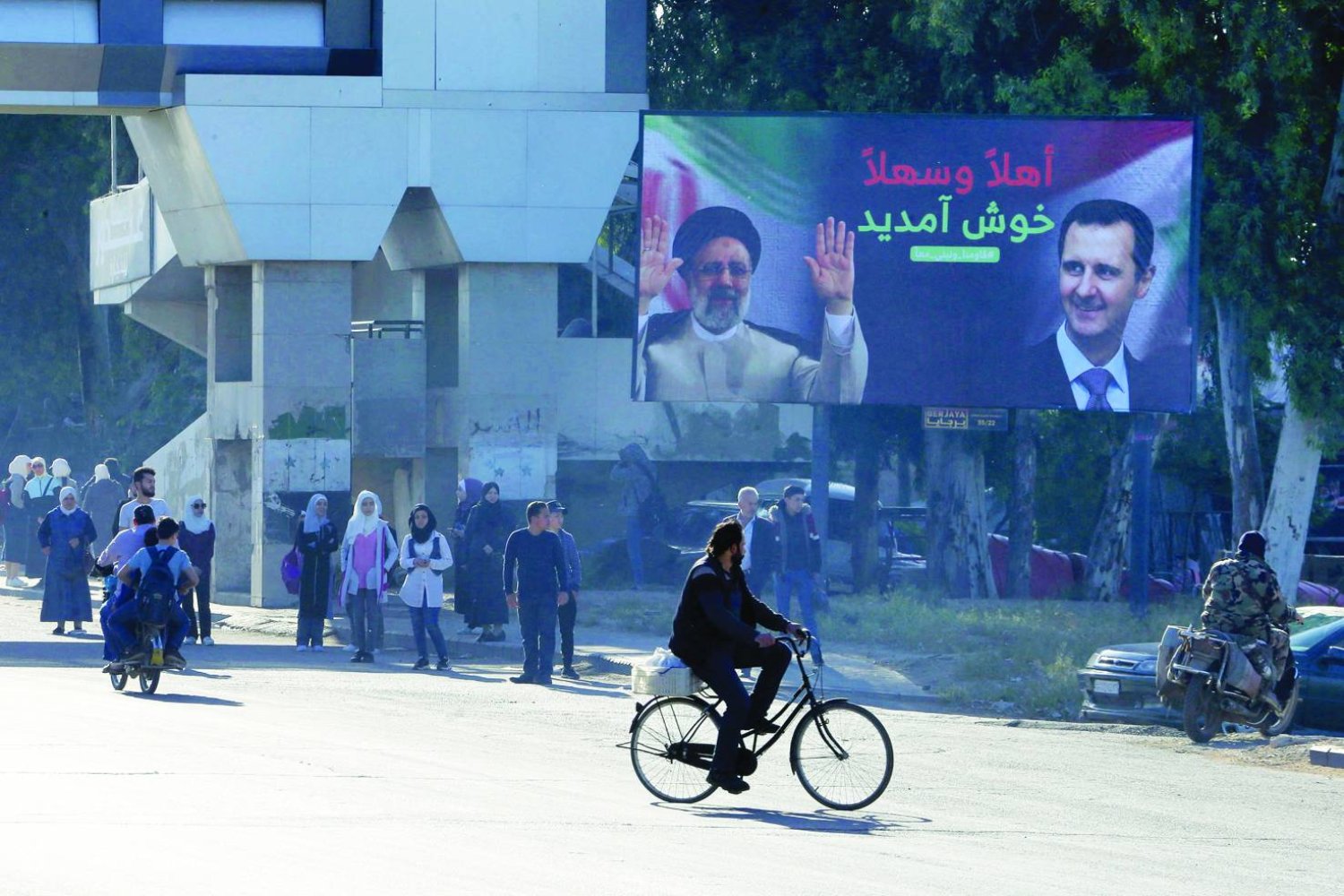Further reports from Damascus confirm that Tehran is exerting pressure on the Syrian government to fulfill the agreements signed between the two nations, which include the recovery of debts totalling $50 billion, ostensibly through investment initiatives. These efforts gained momentum following the visit of Iranian President Ebrahim Raisi to Damascus in May, 2023, during which a “memorandum of understanding for strategic cooperation” was inked, emphasizing the implementation of numerous agreements aimed at debt repayment.
Syrian Industry in Danger of Extinction: Factory Closures and Layoffs
An economist in Damascus, speaking to Asharq al-Awsat, noted that “production in government-controlled areas has nearly ceased due to extensive destruction across all sectors during years of conflict, resulting in severely limited government resources.” Consequently, the government has become heavily reliant on Iran, particularly following Russia’s diversion of attention to its conflict in Ukraine.
The expert elaborated, stating that “Iran is capitalizing on the economic turmoil in government-held territories” and seeks to position itself as the primary investor in Syria. With Arab and foreign nations showing reluctance to engage in investment ventures within Syria, “Damascus finds itself compelled to yield to Tehran’s pressure, given Iran’s dominant control, particularly in the realm of supplying oil, gas, and essential commodities to the nation, being its sole provider.”
This article was translated and edited by The Syrian Observer. The Syrian Observer has not verified the content of this story. Responsibility for the information and views set out in this article lies entirely with the author.


